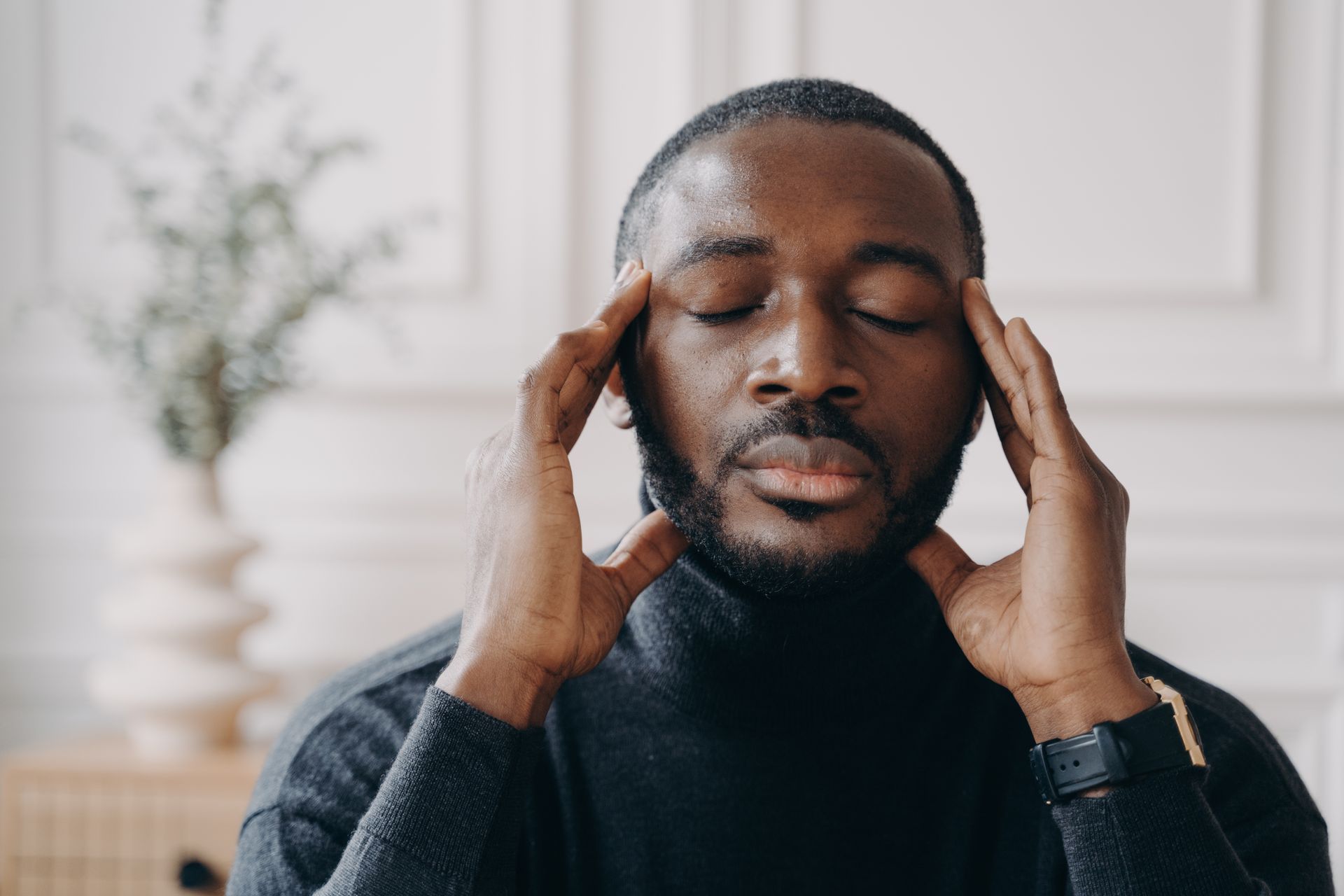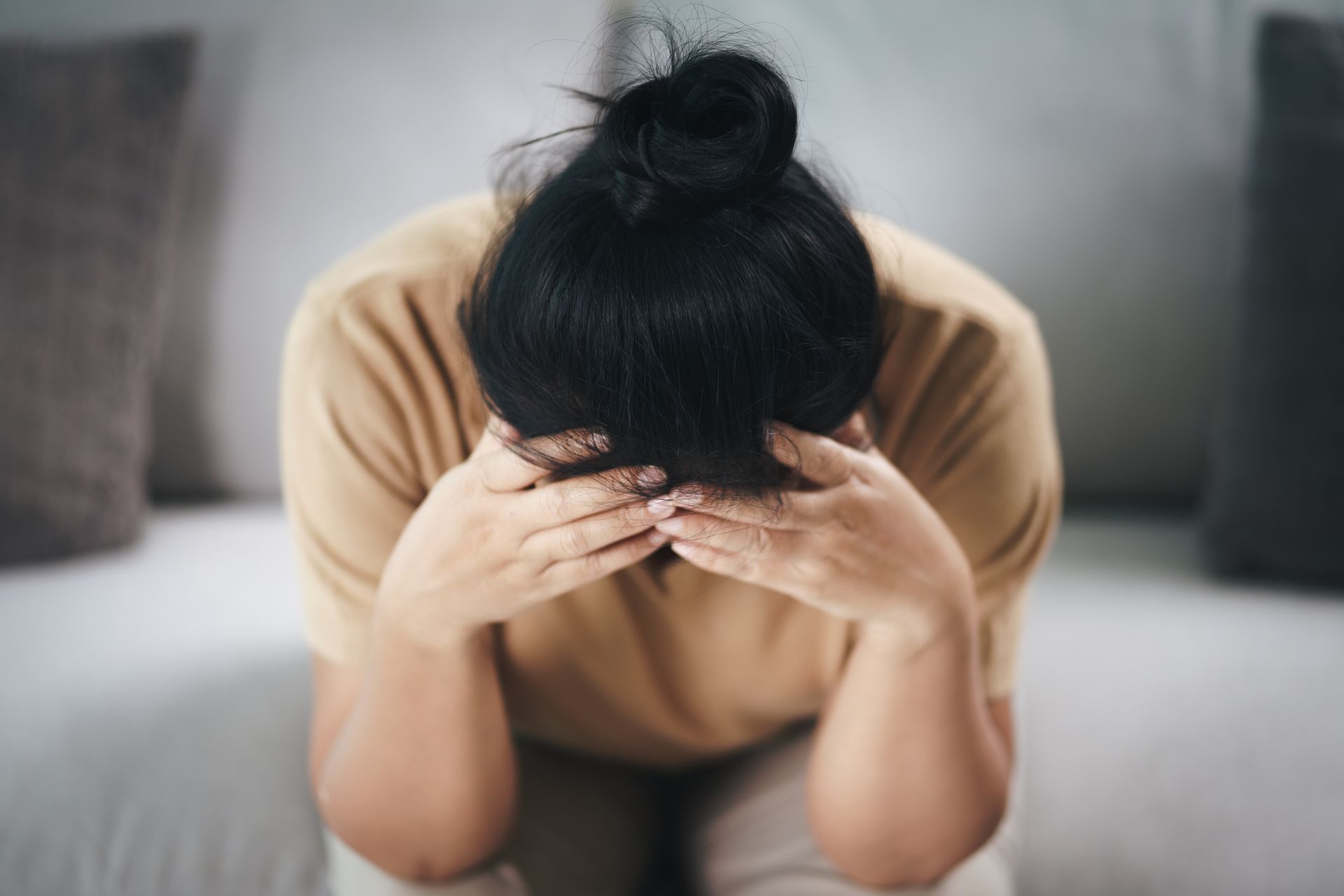Overcoming Depression: Recognizing the Signs
Depression is a serious mental health condition that affects millions of people worldwide. It can manifest in various forms and intensities, significantly impacting one's daily life. In this blog, we explore the emotional and physical symptoms of depression, how to recognize the signs, the importance of seeking professional help, and more.
Depression goes beyond feeling sad or having a bad week. It's a persistent and intense feeling of sadness, often accompanied by a lack of interest in activities once enjoyed.
Symptoms of Depression
Here are some common symptoms:
Persistent Sadness: Feeling down most of the time.
Loss of Interest: No longer finding pleasure in activities you used to enjoy.
Changes in Appetite: Significant weight loss or gain.
Sleep Disturbances: Insomnia or excessive sleeping.
Fatigue: Constantly feeling tired and low on energy.
Feelings of Worthlessness: Excessive guilt or helplessness.
Difficulty Concentrating: Trouble focusing on tasks.
Physical Symptoms: Headaches, digestive problems, and other unexplained aches and pains.
Recognizing the Signs
Recognizing the signs of depression in yourself or a loved one is critical. Look for:
- Withdrawal from friends and family
- A noticeable drop in performance at work or school
- Irritability or mood swings
- Expressions of hopelessness or pessimism
- Crying spells for no apparent reason
- Thoughts of death or suicide
Taking proactive steps to manage depression through self-care and seeking professional help can significantly empower individuals on their journey to recovery.
It's important to remember that if you are experiencing depression, you are not alone, and there are many effective ways to manage it.
With the right combination of professional guidance, support, and self-care practices, it is entirely possible to regain control over your mental health and enhance your overall quality of life.
Self-Care Strategies
Chronic insomnia is not merely a nighttime problem; it casts a long shadow over both mental and physical well-being. The lack of restorative sleep can trigger a cascade of negative effects, significantly impacting daily functioning, emotional stability, and overall health.
Mental Health: It can exacerbate conditions like anxiety and depression, reduce cognitive function, and impair memory.
Physical Health: Insomnia is linked to various physical health problems, including weakened immune function, high blood pressure, and an increased risk of heart disease.
Professional Treatment Options
There are various professional treatment options available:
Therapy: Cognitive Behavioral Therapy (CBT), Interpersonal Therapy (IPT), and other forms of counseling.
Medication: Antidepressants and other prescribed medications can help balance brain chemicals.
Alternative Treatments: Such as acupuncture, yoga, and holistic approaches.
At Vital Psych MD, we're here to help you every step of the way. Dr. Kapoor, a double board-certified psychiatrist with 8 years of experience, offers personalized treatment plans tailored to your needs. Whether you're struggling with depression, anxiety, or other mental health challenges, Dr. Kapoor's expertise in both medication management and psychotherapy will guide you toward a better life.
Don't wait—take the first step towards overcoming depression today.
For a confidential consultation, contact us. Together, we can build a path to recovery.











